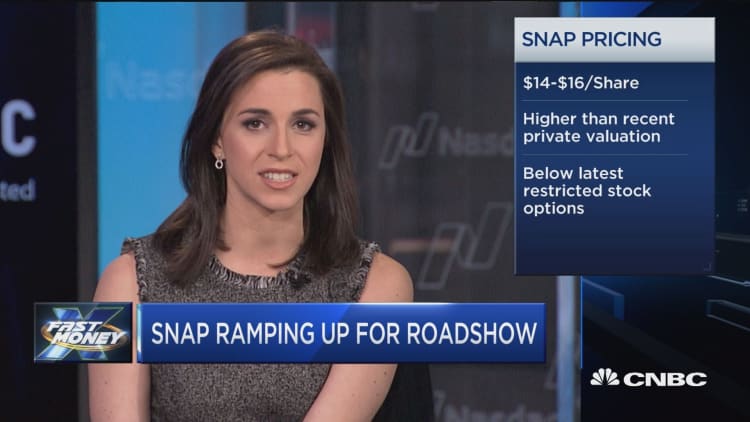There's an app for that, even if you have to pay for it.
Yet with so many available these days, it's often possible to find something to suit your needs for free. The trade-off is you may not get some convenient features that the paid model offers. Another downside is that the developer often gets to use your personal data on the free app to make money in other ways, usually through advertisements and/or referral fees.
"If you aren't paying for the product [app], then you are the product," said Jitesh Keswani, CEO of e-Intelligence.in, a search engine optimization company. "You agree to compromise your personal data to app advertisers. You agree to be disturbed and annoyed by the frequent pop-up ads."
"We live in a world where so much is available for free, but often there is limited value in the free information," said Kerri Moriarty of Cinch Financial, which charges web users a fee for personalized financial guidance. "Our decision was directly in response to the fact that all the alternatives … [recommend] products that earn them the most money [from referrals] … as opposed to what's actually in the user's best interests."
If you aren't paying for the product, then you are the productJitesh KeswaniCEO of e-Intelligence.in
If an app offers significant time, money and efficiency savings, or if it offers entertainment, content or enrichment, it can be worth paying for, said Dan Ward, co-founder of mobile app development firm Detroit Labs, which designs apps for companies like Jimmy John's, Volkswagen and General Motors.
For example, the app Giftie focuses on Chicago dining and offers a network of restaurant gift cards as part of its monthly fee. The yearly plan pays for itself if you use it a few times, said Mark Tuchscherer, of Geeks Chicago, a mobile app developer.
And if you compare the cost of what you'd get in an app to what you'd pay for a similar service at a retail store or from a nonmobile provider, such as a fitness app versus a gym membership, it can provide huge value, Ward said, but "it has to be a superb product."
Similarly, the Android app Navionics costs $9.99 a year and includes detailed charts, maps, weather and tide information. If you look at the cost compared with not getting lost on the water, or by comparing it to the price of more traditional GPS hardware, it seems inexpensive.
Check the download-to-review ratio
Another app, DUFL, lets travelers ship, clean and store business attire in a personal closet and go bag free. Though free to download, it costs $9.95 per month and $99 per trip. Compare that to baggage and dry cleaning fees, plus the hassle of lugging it yourself, and that may be worth it to you.
To evaluate the efficacy of an app, consumers should look at the ratio of reviews to downloads to determine whether it is "legitimately good ... or whether they just bought a bunch of fake five-star reviews for themselves," said Alex Genadinik, founder and app developer at Problemio. "A regular app will have a downloads to reviews ratio of about 100 to 5 to 20. So if an app has an abnormally high level of reviews, something might be fishy about it."

Be aware of cancellation policies and terms and conditions for subscription-based apps.
"No one makes it easy to cancel a subscription," Ward said.
Robert Armstrong, CEO of Appstem, a mobile development company, suggests users try out the app first with a free trial or "freemium" version before purchasing.
"I did this for a golf GPS app I was interested in and discovered it wasn't as easy to use as I had hoped. I decided to not pay for it when my free trial was up," he said.
And just because you aren't paying for it doesn't mean you should not be particular about the free apps you choose to download.
"If you're not charging for it you can get away with something that's not great," Ward said, though it doesn't stop people from overwhelmingly choosing free over paid versions.
"It's a small percentage of people who would [pay] for an app upfront versus seeing ad content," he said, though "some will go to the paid app once either limitation or frustration sets in."
"As millennials growing up in the age of information and marketing overload, we are developing more and more discernment as to what's real value and what is simply spam," Cinch Financial 's Moriarty said.


